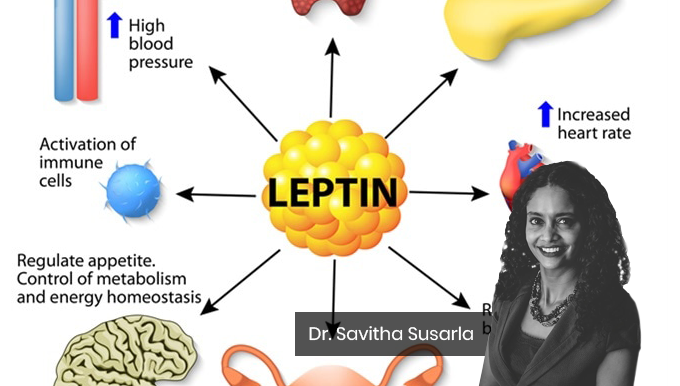We ALL crave sugar. Sugar in all forms. You are not alone! We love chocolate, cupcakes, bread, and the list goes on.
However, sugar is highly inflammatory in our body. Type 2 diabetes and/or insulin resistance from prolonged exposure to high blood sugar levels is also linked to higher rates of Alzheimer’s and cancer. Newer research has shown inflammation in our bodies contributes to cardiovascular disease, cancer, and Alzheimer’s.
We must learn how to curb the intake of sugar in order to increase our HEALTHSPAN. (Definition of HEALTHSPAN is living longer into fuller health)
Intermittent fasting is a tool we can use to help with our sugar cravings. Leptin, the body’s satiety hormone, primarily controls your appetite and how much of your food’s energy is stored as fat. Leptin works by a negative feedback loop.
So basically, MORE LEPTIN, DECREASED APPETITE.
Leptin has also shown to be a suppressor of sweet taste perception. So as your have more leptin levels, you have a decreased sweet taste perception.
This negative feedback loop is enhanced with intermittent fasting. When you fast, your LEPTIN levels rise and GHRELIN (your hunger hormone) is lowered.
As more and more leptin is secreted in the body, it will signal your taste receptors to crave less and less super sweet food!
Reestablishing your body’s response to normal levels of leptin may be a two in one approach to weight loss and reducing sugar consumption and cravings. You should start with a 16 hour fast, and then from going for longer periods of time 2-3 days per week.
Thanks for reading this week and we hope this was helpful. Don’t forget to Book an Appointment with us so we can help you get started on the path to a healthy new you.

